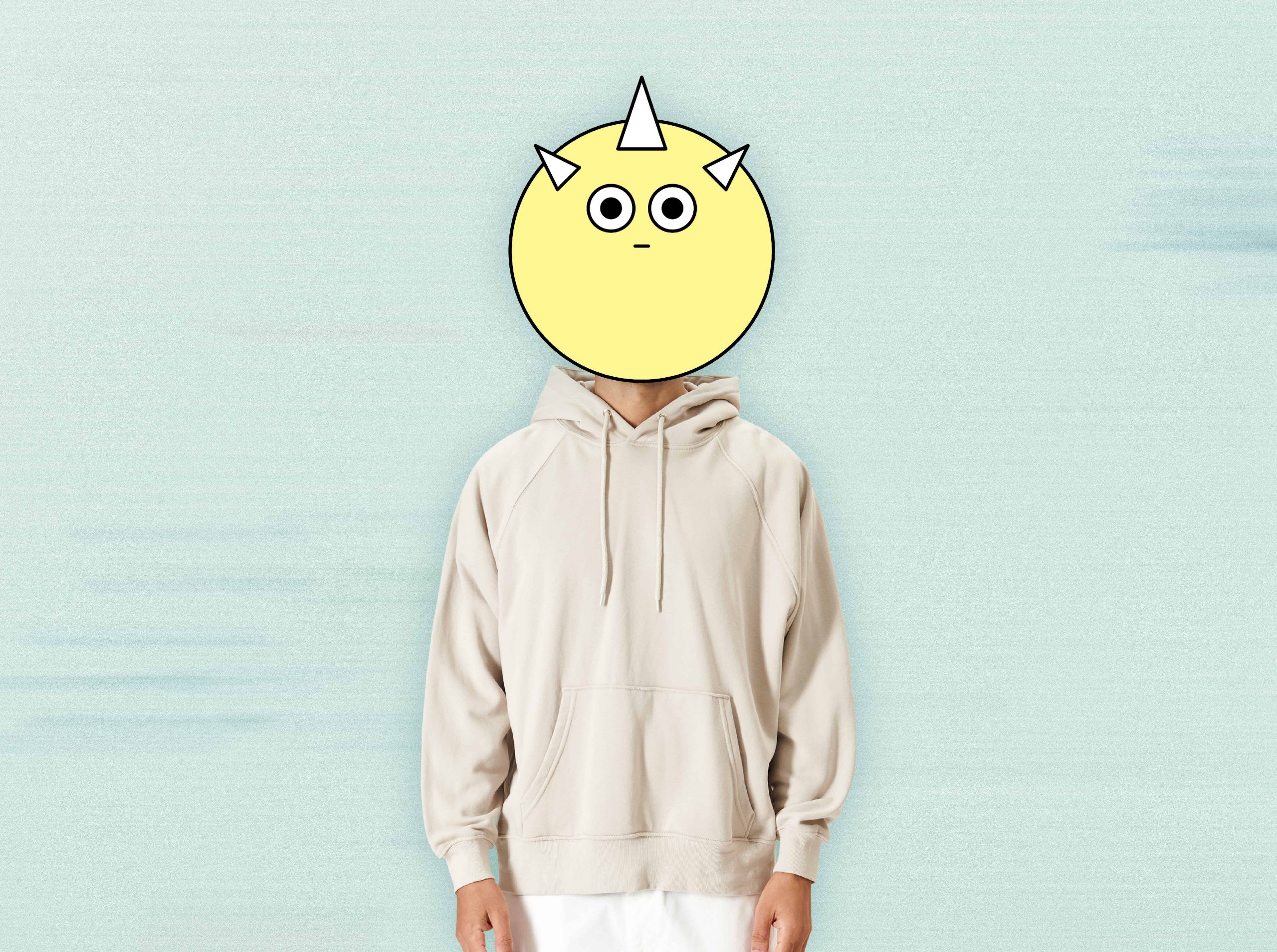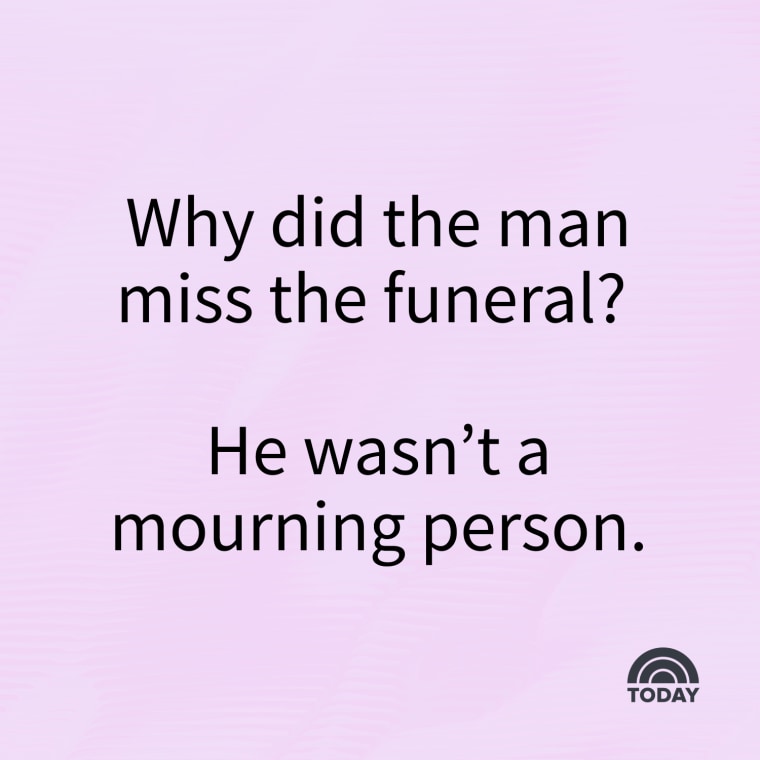Dark humor jokes about orphans have been a controversial yet fascinating niche in comedy. People often tiptoe around this topic because it’s sensitive, but for some, finding humor in tragedy is a way to cope. So, buckle up, because we’re diving into the world of jokes that might make you giggle and squirm at the same time. Whether you’re a fan of edgy humor or just curious, this article will explore why these jokes exist and how they fit into our culture.
Orphan jokes, as weird as they sound, have been around for a long time. They’re the kind of humor that makes you question your morals, but let’s be honest—sometimes we just need a good laugh, even if it’s a little twisted. And hey, if you’re reading this, chances are you’re either brave or already in on the joke.
This article isn’t just about laughing at orphans (don’t worry, we’re not that cruel). It’s about understanding why people find humor in dark places and how it affects our perception of the world. So, grab your favorite drink, and let’s explore the shadowy corners of comedy together.
Read also:Unleashing The World Of Jvk Die Cast Amp Hobbies A Passion Beyond Collectibles
Here's a quick guide to what we'll cover:
- What Are Dark Humor Jokes?
- The History of Dark Humor
- Psychology Behind Dark Humor
- Examples of Dark Humor Jokes About Orphans
- Why Are These Jokes Controversial?
- Dark Humor in Society
- Cultural Differences in Dark Humor
- Benefits of Dark Humor
- Setting Limits in Dark Humor
- Final Thoughts on Dark Humor
What Are Dark Humor Jokes?
Dark humor jokes are like the rebels of the comedy world. They don’t play by the rules, and they often step into areas that most people consider off-limits. When it comes to orphans, the jokes usually revolve around the struggles and challenges these kids face, but with a twist of irony that makes you laugh instead of cry.
These jokes aren’t meant to offend, but they sure can hit close to home for some. They’re like walking a tightrope—too far one way, and you fall into insensitivity; too far the other, and you lose the humor entirely. It’s all about balance, my friend.
Why Do People Love Dark Humor?
People love dark humor for different reasons. Some find it refreshing to laugh at life’s hardships instead of crying over them. Others enjoy the shock value and the thrill of pushing boundaries. It’s like eating spicy food—some people just crave that burn.
And let’s not forget the social aspect. Sharing a dark joke with someone who gets it can create a bond, like you’re part of an exclusive club that understands the weirdness of the world.
The History of Dark Humor
Dark humor has been around for centuries, long before the internet made it mainstream. Back in the day, people found ways to laugh at death, disease, and misfortune. Think about Shakespeare’s plays—they’re filled with dark themes but delivered with wit and humor.
Read also:Under The Cover Kc The Hidden Gems Of Kansas Citys Vibrant Scene
In the 20th century, dark humor became more visible in pop culture. Movies like “Dr. Strangelove” and TV shows like “Black Mirror” used dark humor to comment on serious issues. It’s like a mirror reflecting society’s fears and anxieties, but with a comedic twist.
How Has Dark Humor Evolved?
Over time, dark humor has evolved to adapt to changing societal norms. What was considered funny decades ago might not fly today, and vice versa. The internet has also played a huge role in shaping dark humor, giving people a platform to share their edgy jokes with a global audience.
But with great power comes great responsibility. The internet has also made it easier for jokes to go viral, sometimes leading to backlash if they cross the line. It’s like walking on eggshells, but hey, that’s the risk you take when you dive into the world of dark humor.
Psychology Behind Dark Humor
So, why do we laugh at things that should make us sad? Psychologists have been studying this phenomenon for years, and it turns out there’s a method to the madness. Dark humor can help us process difficult emotions and create a sense of control in chaotic situations.
It’s like when you’re stuck in traffic and instead of getting mad, you make a joke about it. The humor shifts your focus from the negative to the positive, even if it’s just for a moment. And let’s be real, life can be tough, so finding humor in the darkness is sometimes the only way to keep going.
Is Laughing at Orphans Healthy?
Now, before you go thinking we’re promoting cruelty, hear me out. Laughing at orphans—or any dark topic—doesn’t mean you don’t care. It’s more about finding a way to cope with the heaviness of the world. Think of it as a pressure valve that releases the tension before it explodes.
Of course, there’s a line between healthy humor and harmful jokes. It’s all about intention and context. If the joke is meant to mock and belittle, then yeah, that’s not cool. But if it’s meant to bring people together and lighten the mood, then maybe it’s not so bad after all.
Examples of Dark Humor Jokes About Orphans
Alright, let’s get to the good stuff. Here are a few examples of dark humor jokes about orphans. Don’t worry, I’ll keep it light—well, as light as these jokes can be.
- Why did the orphan bring a ladder to the bar? Because he heard the drinks were on the house!
- What do you call an orphan at a circus? A free ticket!
- Why don’t orphans play hide and seek? Because good luck finding them!
Now, I know what you’re thinking—these jokes are kind of messed up. And yeah, they are. But that’s the point. Dark humor isn’t about being politically correct; it’s about finding humor in the unexpected.
Are These Jokes Funny or Offensive?
That’s the million-dollar question, isn’t it? Whether a joke is funny or offensive often depends on the listener’s perspective. Some people will laugh their heads off, while others might walk away shaking theirs.
It’s like food preferences—what’s delicious to one person might be disgusting to another. The key is to know your audience and be prepared for mixed reactions. And if someone gets upset, just apologize and move on. No need to make a big deal out of it.
Why Are These Jokes Controversial?
Dark humor jokes about orphans—or any sensitive topic—can stir up a lot of controversy. Some people argue that they perpetuate negative stereotypes and reinforce societal biases. Others believe they’re just harmless fun and shouldn’t be taken too seriously.
It’s a delicate balance. On one hand, humor can bring awareness to important issues. On the other, it can also trivialize them if not handled carefully. It’s like walking a tightrope—you gotta keep your balance or risk falling flat on your face.
Can Dark Humor Be Harmful?
Yes, dark humor can be harmful if it’s used to hurt or belittle others. It’s important to remember that words have power, and they can leave lasting impressions. If a joke makes someone feel small or insignificant, then it’s probably not worth telling.
But at the same time, we can’t police every joke that gets told. People have the right to express themselves, even if it’s edgy or unconventional. The key is to be mindful of the impact your words have and be willing to listen if someone takes offense.
Dark Humor in Society
Dark humor has a unique place in society. It’s like the wild card in a deck of cards—unpredictable and sometimes shocking, but always interesting. It challenges us to think outside the box and question our own beliefs and values.
In some ways, dark humor reflects the complexities of human nature. We’re capable of both beauty and ugliness, and sometimes the only way to make sense of it all is through laughter. It’s like looking at the world through a funhouse mirror—distorted, but still recognizable.
Does Society Need Dark Humor?
Maybe society doesn’t need dark humor, but it sure benefits from it. It’s like a safety valve that releases the pressure of everyday life. Without it, we might all explode from the weight of the world’s problems.
And let’s be honest, life can be pretty bleak sometimes. Dark humor gives us a way to find joy in the darkness, even if it’s just for a moment. It’s like a little spark of light in the middle of a storm.
Cultural Differences in Dark Humor
Not all cultures embrace dark humor the same way. Some see it as a sign of resilience, while others view it as disrespectful. It’s like a cultural fingerprint—unique to each society and shaped by its history and values.
In countries with a history of hardship, dark humor might be more prevalent because it helps people cope with tough times. In contrast, cultures that prioritize politeness and decorum might shy away from edgy jokes altogether.
Can Dark Humor Cross Cultural Borders?
Sometimes, but not always. What’s funny in one culture might fall flat in another, or worse, cause offense. It’s like trying to translate a joke into another language—some things just don’t translate well.
That’s why it’s important to be culturally sensitive when sharing dark humor. Just because something works in your culture doesn’t mean it’ll resonate with others. And if you’re unsure, it’s always better to err on the side of caution.
Benefits of Dark Humor
Believe it or not, dark humor has its benefits. It can improve mental health by reducing stress and promoting resilience. It can also foster social connections by creating shared experiences and inside jokes.
And let’s not forget the entertainment value. Dark humor jokes can be hilarious, even if they’re a little twisted. They keep us on our toes and remind us not to take life too seriously.
How Can Dark Humor Improve Your Life?
Dark humor can improve your life by helping you see the lighter side of difficult situations. It’s like a mental reset button that snaps you out of negativity and reminds you to laugh instead of cry.
Of course, it’s not a cure-all for life’s problems, but it can certainly make them feel a little less overwhelming. And who doesn’t need a little light in their life, especially when things get dark?
Setting Limits in Dark Humor
While dark humor can be fun and beneficial, it’s important to set limits. Not every joke is appropriate for every situation, and some topics are just off-limits. It’s like knowing when to stop eating dessert—you don’t want to ruin the meal.
Respect is key. If someone tells you a joke isn’t funny, listen to them and move on. There’s no need to argue or defend your humor. And if you’re unsure whether a joke will land, it’s probably best to keep it to yourself.
How Do You Know When to Stop?
You know when to stop when the laughter stops. If the joke falls flat or causes discomfort, it’s time to change the subject. It’s like playing a game of charades—if no one gets it, you don’t keep trying to explain it.
And remember, humor is subjective. What works for one person might not work for another. The key is to be flexible and adapt to the situation. If something isn’t working, don’t force it. Just move on and try again later.
Final Thoughts on Dark Humor
Dark humor jokes about orphans—and all dark humor, for that matter—are a complex and fascinating part of our culture. They challenge us to think differently and find joy in unexpected places. But they also remind us to be mindful of the impact our words have on others.
So, the next time you hear a dark joke, take a moment to reflect on why it makes you laugh—or why it doesn’t. And if you’re feeling brave, try crafting your own dark humor joke. Who knows? You might just discover a new way to see the world.
And hey, if you enjoyed this article, why


